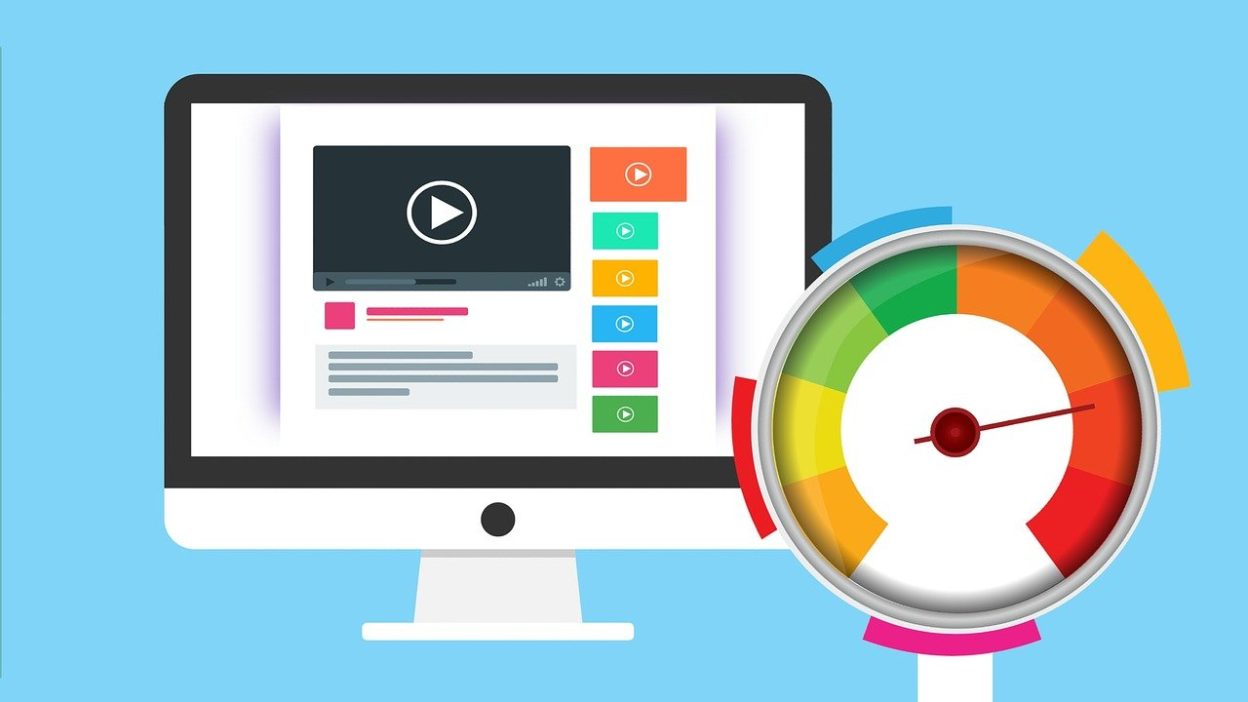- Strengthen your focus with micro-practices: work in 25-min sprints
- Digital declutering trick: turn off non-essential notifications
- Take small physical resets: grab a glass of water
- Track your time to discover productivity leaks
If you’ve ever wished you could get more done without feeling drained, you’re in the right place. High performance habits aren’t about working longer hours or running on caffeine. They’re about making small, smart changes that help you focus better, protect your energy, and achieve results that stick. Every habit here is simple, doable, and designed to make your day feel lighter, sharper, and more intentional.
High Performance Habits & The Science of Attention
Inside your brain is a clever little network called the Reticular Activating System (RAS), which acts like a nightclub bouncer for information. You can train your RAS to notice what matters most to you and skip the rest, making focus one of your easiest high performance habits to strengthen.

Boosting Your Filtering Power Like a Pro
To train your brain’s filter, you need to set clear priorities:
- Start your day by telling yourself that your top priority is finishing that presentation, and your brain begins scanning for anything related to it.
- Use micro-practices to strengthen focus, such as working in 25-minute sprints or doing a quick mindfulness exercise before tackling a task.
How Distractions Sneak Past the Bouncer
Unfortunately, your brain is also wired to be curious, which means flashy distractions often get VIP treatment. A new message ping? Your RAS perks up. Someone walking past your desk? Your brain whispers, “Ooh, what’s happening there?”
Your attention naturally drifts towards novelty because, historically, noticing new things kept us alive. The problem is, in the modern world, novelty often means cat videos, not survival. Recognizing this quirk is the first step in reclaiming your attention and building habits that help you stay on track.
Morning Routines That Prime Your Mind
Your morning isn’t just the start of your day. Think of it like setting the first domino in a long chain. If it wobbles, the rest stumbles. But if it’s placed with intention, everything flows smoothly.
Small, consistent actions in the morning are some of the most powerful high performance habits you can build because they shape your mindset before distractions even get a chance to knock.
The Power of a “First Win”
Your first win can be as simple as making your bed or drinking a glass of water. The idea is to give your brain a quick, achievable victory, creating momentum for the rest of the day. That little dopamine hit tells your brain, “We’re doing great today,” and sets you up for bigger wins later.
Digital Decluttering Hacks
Technology is amazing. It connects you, informs you, and even entertains you when you need a quick laugh. But your attention can be pulled in twenty directions before you’ve even finished your morning coffee with:
- Notifications,
- Pings,
- Endless tabs.
Going fully offline might sound tempting, but for most people, it’s not realistic. That’s why learning a few digital decluttering tricks is one of the smartest high performance habits you can develop.
- Start by turning off non-essential notifications.
- Keep alerts for only the tools and people that matter most to you during working hours.
- Schedule “Do Not Disturb” blocks so you decide when your tech gets your attention, not the other way around.

Micro-Break Magic
A micro-break doesn’t mean scrolling your phone or getting lost in the news, which can drain energy instead of restoring it. Instead:
- try standing up to stretch,
- walk to grab a glass of water,
- do a few deep breathing cycles,
- look out the window and focus on something far away to rest your eyes.
These small, physical resets tell your brain, “We’re still working, just recharging,” so you return to your task with sharper concentration.
Time Tracking for Awareness
Ever reached the end of the day and wondered, “Where did all my time go?” You’re not alone. Time has a sneaky way of slipping through the cracks, especially when you’re juggling emails, meetings, and a never-ending to-do list.
Time tracking is like turning on the lights in a messy room. You suddenly see exactly where everything is. It’s one of those high performance habits that can completely change how you work, because awareness is the first step to improvement.
Spotting the Leaks You Didn’t Know You Had
Most people underestimate how much time they spend on small, repetitive tasks. Ten minutes here, fifteen minutes there, and suddenly you’ve lost hours without realizing it. By tracking your time, you get a clear picture of these hidden productivity leaks and find solutions:
- You might discover that quick “just checking” moments on social media add up to an entire afternoon over a week.
- You may notice that meetings without clear agendas eat into your most productive hours.
Turning Awareness into Action
Time tracking isn’t about making you feel guilty, but giving you the power to make better choices. Start small: jot down what you’re doing every half hour for a day or two. Once you see the patterns, you can make adjustments:
- batching tasks,
- setting time limits,
- reassigning work that eats into your focus time.
The goal isn’t to fill every second with work but to align your time with what matters most.

Conclusion
Building high performance habits isn’t about perfection, but small, consistent choices that make a big difference over time. Each habit works like a puzzle piece, fitting together to boost your focus, energy, and results in ways that feel natural and sustainable. Start with just one, keep it going, and watch how quickly the rest fall into place.



